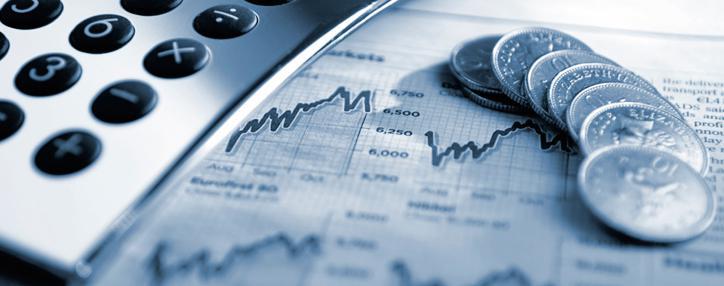Armenian economy ready for possible shocks from Russia
11.04.2018,
15:47
The Armenian economy is prepared for possible shocks that may be triggered by the current situation in the Russian economy, Deputy Minister of Economic Development and Investments Emil Tarasyan told journalists on Wednesday.

YEREVAN, April 11. /ARKA/. The Armenian economy is prepared for possible shocks that may be triggered by the current situation in the Russian economy, Deputy Minister of Economic Development and Investments Emil Tarasyan told journalists on Wednesday.
New punitive measures introduced by the United States on April 6 against Russia have led to a massive crash in Russia's stock and currency markets. According to media reports, shares of Russia's state-owned enterprises and financial institutions such as Sberbank, as well as assets owned by billionaire Oleg Deripaska, took a nosedive.
According to various estimates, the capitalization of companies belonging to Russian billionaires fell by $12-16 billion within a few hours. The ruble also took a plunge, losing about 10 percent of its value.
"Our economy is prepared for such shocks, as we have already experienced them. Today we are not in a shock situation, and so far there are no problems related to the stability of the exchange rate and the Russian market," Tarasyan said.
According to him, starting in 2009, the government began to establish structures which use special instruments and mechanisms to support the economy and to intervene promptly during shock situations to "amortize" all risks.
"We do not see any reason for prompt intervention now. In 2014 there were problems, and we did not get the expected effect from the joining the Eurasian Economic Union, but we overcame all the problems that were caused by the western sanctions against Russia in 18 months. We have no reason to anticipate a possible repeat of 2014 scenario," Tarasyan said.
In 2017, Armenia’s economy expanded by 7.5%. The growth projection for 2018 is 4.5%. -0-
New punitive measures introduced by the United States on April 6 against Russia have led to a massive crash in Russia's stock and currency markets. According to media reports, shares of Russia's state-owned enterprises and financial institutions such as Sberbank, as well as assets owned by billionaire Oleg Deripaska, took a nosedive.
According to various estimates, the capitalization of companies belonging to Russian billionaires fell by $12-16 billion within a few hours. The ruble also took a plunge, losing about 10 percent of its value.
"Our economy is prepared for such shocks, as we have already experienced them. Today we are not in a shock situation, and so far there are no problems related to the stability of the exchange rate and the Russian market," Tarasyan said.
According to him, starting in 2009, the government began to establish structures which use special instruments and mechanisms to support the economy and to intervene promptly during shock situations to "amortize" all risks.
"We do not see any reason for prompt intervention now. In 2014 there were problems, and we did not get the expected effect from the joining the Eurasian Economic Union, but we overcame all the problems that were caused by the western sanctions against Russia in 18 months. We have no reason to anticipate a possible repeat of 2014 scenario," Tarasyan said.
In 2017, Armenia’s economy expanded by 7.5%. The growth projection for 2018 is 4.5%. -0-



